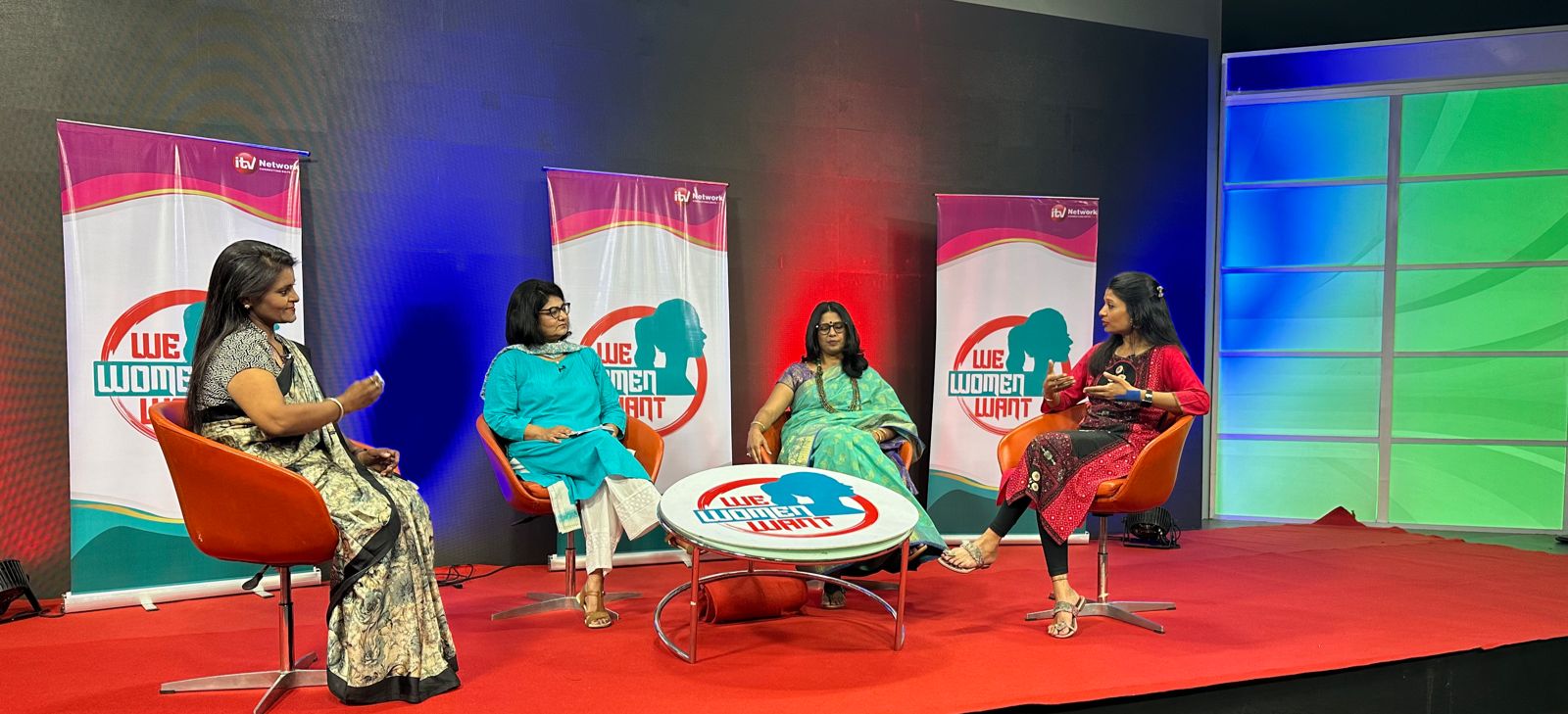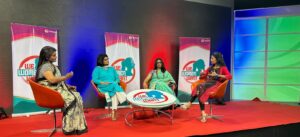Excerpts:
Q- What is intermittent fasting? Nowadays, not only women but also men are engaging in it, so what is your view on this?
A- So, see, intermittent fasting was not designed as a diet. It was a solution for a lot of medical problems. When this fasting period was designed, people started losing weight in Western countries, and hence it came to our side of the world. And people thought that intermittent fasting would lead them to lose weight. I’m a Jain. And in Jainism, we were always fasting anyway. We would not eat after sunset. We would eat only in the morning. This way, our body gets to rest for at least 12 hours, right? So, the idea is that the body cannot keep digesting all the time, and we need to let the body rest. After sunset, our bodies are resting and digesting. But if you see today’s culture, people are going out for late-night parties. Neither are they resting, nor are they allowing the body to digest. Also, intermittent fasting is a complete no for people who have diabetes, high blood pressure, or headaches.
Q- What is your take on intermittent fasting?
A- I see a lot of patients who are doing intermittent fasting. They ask me whether it is good or not, and I say that it has always been there. If you look at our sages, they used to do intermittent fasting and have only satwik food before sunset. But you have to be careful about what you are eating. The portion size has to be controlled during intermittent fasting. You are eating until 3:00 in the morning, and if it is not suiting you, you should not go into it. I see a lot of issues in patients, like gastric issues, migraines, acidity, etc., that are a result of intermittent fasting.
Q- Dr. Neeru What is your view, do we fast intermittently or do we take meals every two hours?
A- No, I suggest not eating every two hours. As per nature, we have 12 internal organs, and we have 24 hours in a day. I think no one is aware of the fact that we should eat between 11:00 p.m. and 3:00 a.m. in the morning and have a good sleep. Only then will your body detoxify, your gallbladder be healthy, and your liver function well. So, it is better to have food before sunset. You must have noticed that people get heart attacks between 11:00 p.m. and 1:00 a.m. or in the morning between 11:00 a.m. and 1:00 p.m. because this is the time when the heart works and gets pressurised. I would suggest you have a heavy diet before sunrise and a light diet according to the weather before sunset. This way, you will not get sick.
Q- What is the thing about having fruits at night? A lot of people suggest not having fruits and curd at night. Is there any logic behind this?
A- In Ayurveda, curd is tamsik, which means it is not good for your body. Subsequently, anything that is slimy and gooey is not meant for your stomach at night. If we have to choose between curd and buttermilk, then I would suggest you have buttermilk. Here’s a tip: if you are suffering from acidity, bloating, and such, go for buttermilk. You will find an 80% difference in your body. Now, coming to fruits, all the fruits have natural sugars. If you are eating them at night, then according to Ayurveda, they will create acid in your body. Therefore, it is better to avoid fruits at night.
Q- What is better, rice or chapati?
A- I would suggest having multigrain flour. It is very good for the stomach and large intestine. It relieves constipation and helps with stopping your tablets as well.
Q- The last thing I would like to ask is about salt. What is your suggestion on that? Lots of people advise not having too much salt or sugar.
A- Salt retains water, and that is not good. If the salt content in your food is high, there are chances of water retention. And for hypertensive people, one has to be extra careful. Switching to pink salt or rock salt is a much healthier option. It is important to regulate salt intake. It should not be excess, and it should not be added separately. You should not have it raw.













